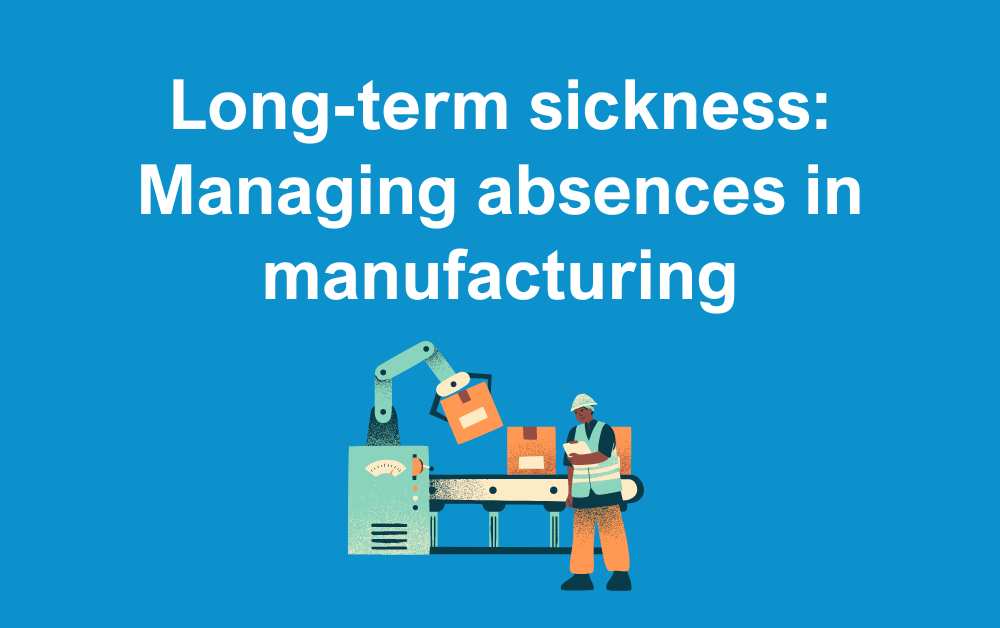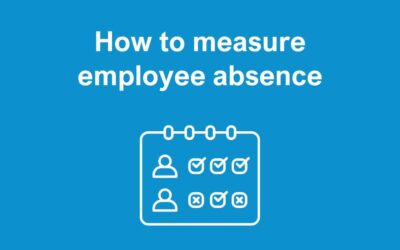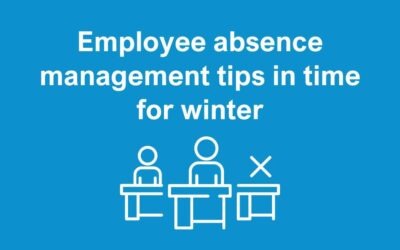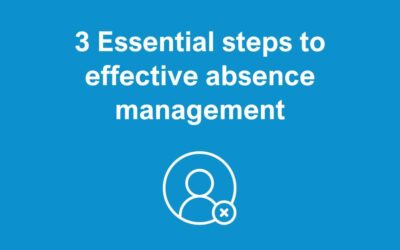In the fast-paced world of manufacturing, productivity and efficiency are the cornerstones of success. However, long term absence due to illness, injury, or other personal reasons can disrupt operations and impact the bottom line. To keep your manufacturing business running smoothly, it’s essential to have effective strategies in place to manage employee sickness.
In this blog post, we will explore some key steps and best practices for handling long-term absence in the manufacturing industry.
Create a Comprehensive Absence Policy
Creating a robust absence policy is essential for managing long-term absences effectively. Your policy should include:
- Reporting procedures: Define how employees should notify their supervisors of their sickness, including the necessary notice period.
- Medical certification: Specify requirements for medical documentation, such as a doctor’s note, to verify the validity.
- Pay and benefits during absence: Clarify how pay and benefits, including SSP and sick pay policies, will be handled during long-term absence.
- Return-to-work process: Outline the steps for employees returning to work after an extended time off, including any necessary accommodations.
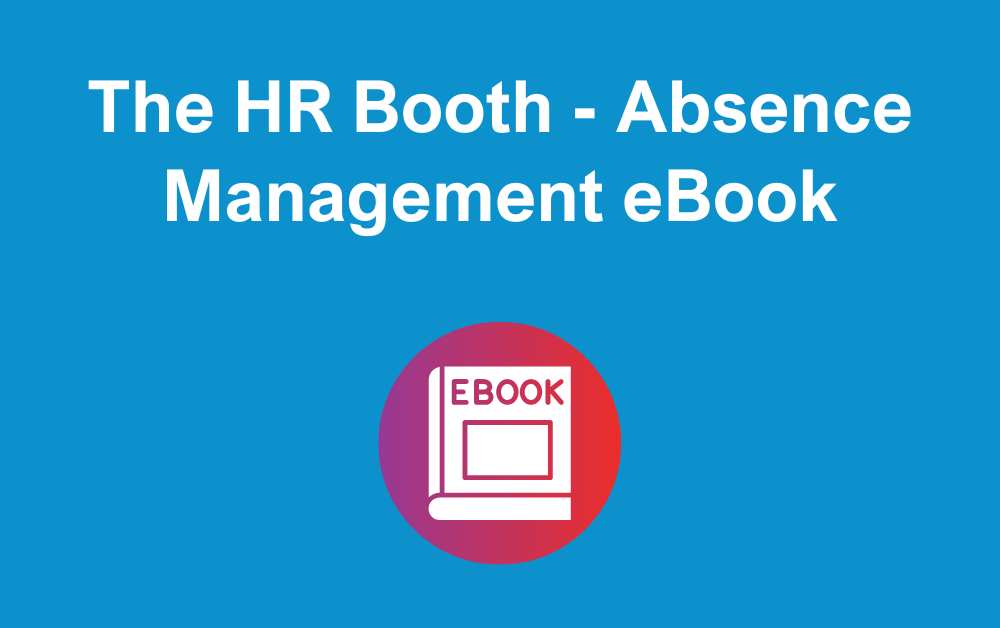
e-book content
There is a series of things you can do to encourage or improve good health and wellbeing; these play a crucial role in absence management, alongside the no-so-nice things, like disciplinaries for excessive or persistent absence, or those cases where you know your employee is pulling a fast one.
Download the Absence Management eBook
Maintain Open Communication
Maintaining open lines of communication with employees who are on long-term leave is crucial. Regularly check in with the absent employee to show support and gather updates on their progress. It’s essential to respect their privacy while still showing genuine concern for their well-being.
Offer Supportive Resources
Providing support resources can make a significant difference for employees dealing with long term absence. Consider offering access to Employee Assistance Programs (EAPs) or counselling services to help employees cope with personal challenges. Additionally, keep them informed about their health insurance coverage and any other benefits they may be entitled to during their time off.
Temporary Staffing Solutions
To minimise the disruption caused by an absent employee, consider implementing temporary staffing solutions. You can hire temporary workers or use contract labor to fill in for the absent employee’s role temporarily. Cross-training your existing workforce can also help ensure that employees can step into different roles when needed.
Implement Return-to-Work Programs
When an employee is ready to return to work after a long term absence, having a structured return-to-work program in place can be highly beneficial. This program should involve:
- A meeting to discuss the employee’s readiness to return and any necessary accommodations.
- A gradual return, allowing the employee to ease back into their regular duties.
- Support for any physical or emotional challenges the employee may face upon their return.
Understand Legal Obligations
- The Equality Act 2010: This legislation prohibits discrimination against employees with disabilities. Employers must make reasonable adjustments to accommodate disabled employees returning to work after a long-term absence.
- The Statutory Sick Pay (SSP): Employers must provide SSP to eligible employees who are unable to work due to illness or injury. Familiarise yourself with the eligibility criteria and payment rates.
Maintain Detailed Records
Comprehensive record-keeping is essential for managing long term absence effectively and complying with UK employment laws. Document all absences, including reasons, communication, and any adjustments made. This documentation helps identify trends and areas for improvement.
Long-term absence is a challenge faced by manufacturers in the UK…
However, with proper planning, adherence to legal obligations, and a proactive approach, it can be managed effectively. By creating a comprehensive absence policy, maintaining open communication, offering support resources, implementing temporary staffing solutions, and staying compliant with UK employment laws, you can minimise disruptions and ensure the continued success of your manufacturing operations. A compassionate and supportive approach toward employees facing extended leaves benefits your business and fosters a positive workplace culture.

